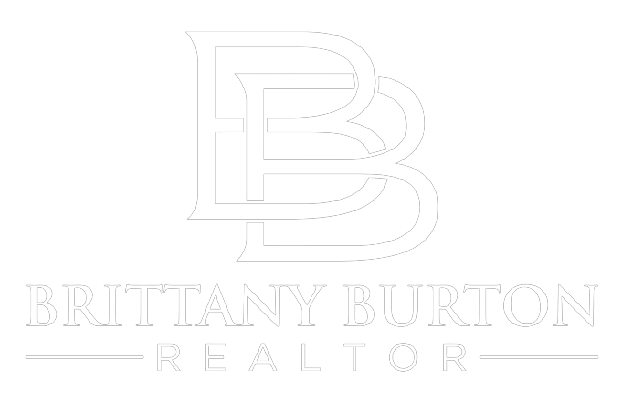Wages are low. Real estate prices are skyrocketing. The economy remains sluggish (and unemployment rises) in the wake of a major global pandemic. For many millennials, the dream of having your own home seems to be fleeting soon. No matter what you do, it may seem like you’re never getting any closer to being able to buy a home. You may have just been in a position to rent a place for the rest of your life. However, don’t believe all the doom and gloom. The world certainly looks a little different than it did before. However, home ownership is still within reach of many millennials. It just requires a smart financial plan – plus a little patience and discipline. These seven steps will help you get closer to that goal buy a house.
1. Pay off debt (or get rid of it altogether)
Debt is one of the biggest barriers to home ownership facing the millennial generation. For many people, the debt cycle begins at a young age. The cost of college has spiraled out of control over the past few decades.
A CNBC report examined 20-year trends in higher education costs from 1987 through 88 through 2017 through 18. The inflation-adjusted results were shocking. Fees at four-year private universities increased 229% over that time frame. Public universities may charge less, but they have become more expensive at an even higher rate. During the 20-year study period, average tuition at public colleges increased a whopping 313%.
Given these trends, it’s no surprise that many millennials leave college with huge debt burdens. In 2021, CNBC surveyed 1,000 millennials between the ages of 33 and 40. Respondents graduated college with an average of $21,880 in student loan debt. Worse yet, 68% of survey participants were still paying off their college loans a decade after graduation. Considering the average Millennial credit card balance of $4,712, you’ll have some tough financial challenges to overcome.
If you have debt, your first step in your journey to home ownership is to control it. Luckily, we have lots of helpful advice ready for you.
Mortgage is a big financial responsibility. When you finally get one loan, you don’t want to be bogged down with a bunch of other loans.




